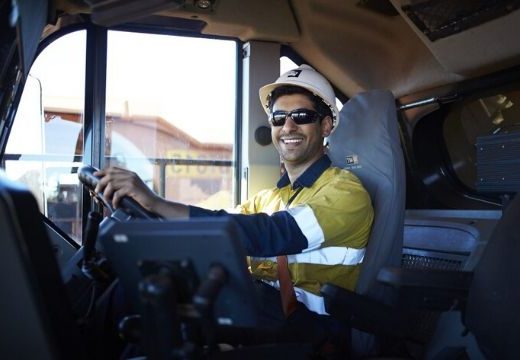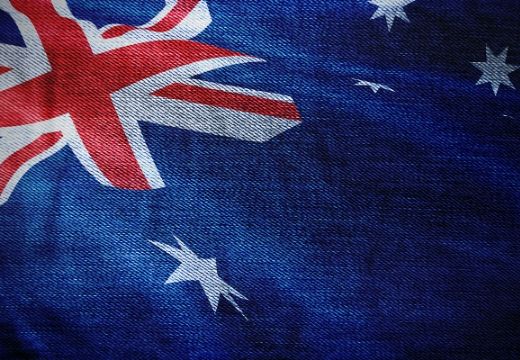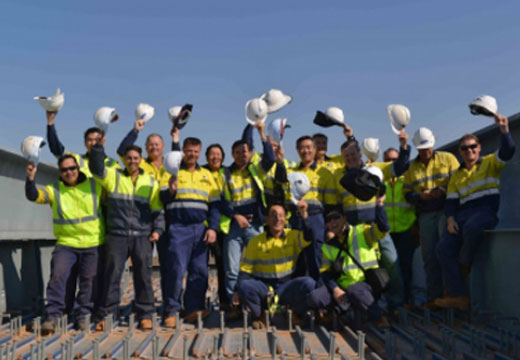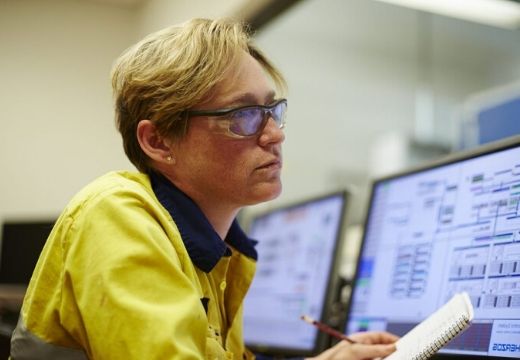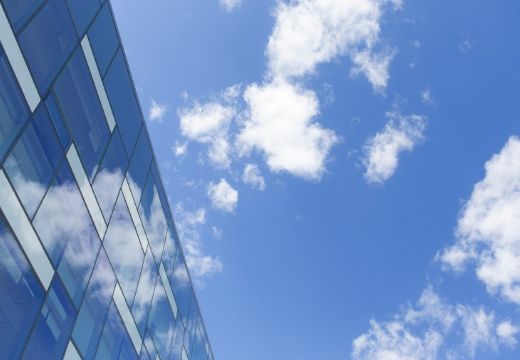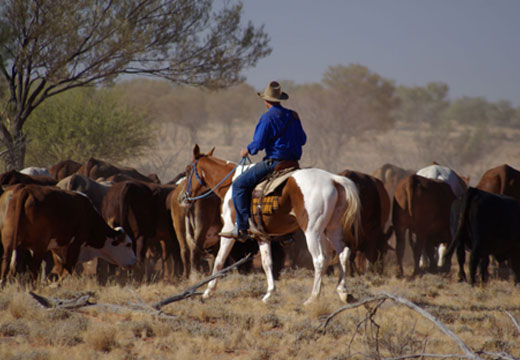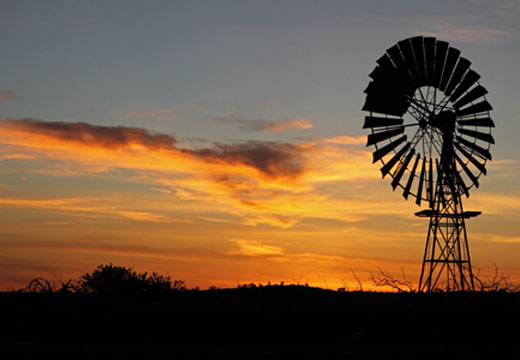The mining industry is the backbone of the Australian economy paying the highest average wages and contributing billions in taxes and royalties each year. The industry continues to pay the highest on average wages, the most company tax, delivers the most export revenue and was critical to supporting regions and communities, including providing 1.1 million jobs in the mining, mining equipment, technology and services sector.
Read moreWar drones, sea mines needed to defend north: Rinehart
“I hope with the new government a better decision is made in the interests of West Australians and northern Australia, to relocate the planned navy maintenance investment away from the people and port of Fremantle, and relocate to the north-west, to Cape Preston,” said Mrs Rinehart after Saturday’s election rout of Scott Morrison’s Coalition government. Mrs Rinehart reiterated her belief that senior citizens and defence force veterans should not lose their pensions if they choose to work for an income, saying both the community and the economy would be better off if they were able to participate more at a time of labour shortages. “Enabling our economy to grow via urgent and significant tape cuts is the best way to increase jobs and opportunities for our youth, our females and our entire population, and the best way to enable wage increases and standards of living to rise, in turn providing revenue for necessities like, healthcare, emergencies, police, kindergartens, our elderly and more.”Restrictions on stopping pensioners and vets from working, restrictions that mean they can only work for a few dollars a week without losing all or part of their pensions, and onerous paperwork, must go urgently,” she said.
Read morePositive factors powering gas’ price rise
Australian gas prices, especially along the eastern seaboard, have also been trending up and look like rising further as demand outstrips supply, which is why Gina Rinehart, one of Australia’s richest people dived into the gas market last year as a partner with Korea’s steel giant Posco in the takeover of Queensland gas producer Senex Energy. Rinehart’s move on Senex was well timed with oil trading around US$70 a barrel when it was first reported to US$105/bbl today.
Read moreResources, energy export earnings set for record $425bn
Australia’s resources and energy export earnings are forecast to surge to a record high $425 billion for 2021-22. Minister for Resources and Water Keith Pitt said the latest forecast, from the Department of Industry, Science, Energy and Resources’ March 2022 edition of the Resources and Energy Quarterly (REQ), is up a stunning 12 per cent on the December 2021 REQ projection of $379 billion. “The March 2022 REQ has found that soaring demand and high prices for Australia’s gas, coal and oil are a key contributor to our record export earnings. In short our resources sector is knocking it out of the park and underpinning our economic growth, our energy security and our national security,” Minister Pitt said.
Read moreBHP ships direct to Pilbara
BHP has been trialling direct shipping to Port Hedland since 2020 and will now ship 7.5 per cent of the containerised supplies it receives into its Western Australian Iron Ore (WAIO) operations from all over the world through Singapore, directly to Port Hedland. “This initiative not only improves efficiency, it also improves safety and environmental outcomes, thereby benefiting the whole community,” Dunham said.“PPA is proud of the work it has done to make direct shipping possible and has already trebled its first port of entry facilities to accommodate growing demand,” Johnston said. “The service is generating more inbound and outbound freight opportunities, which in turn creates local opportunities for container de-stuffing, warehousing, and distribution.
Read moreGina Rinehart renews red tape warning for new mining projects as Atlas Iron profit skyrockets
“The importance of mining to Australia has never been more evident than during the 2020/21 financial year, a time in which I am immensely proud of Atlas and our people and their contribution to safeguarding the economic prosperity of West Australia and Australia,” Ms Rinehart said. “The mining industries and the businesses they support help to support millions of Australians right across the country. “When mining does well, so does Australia. We just have to remember that Australia exports its ore internationally, so we have to be cost competitive internationally, hence we should be wary of onerous government cost burdens, that don’t encourage investment.
Read moreTwiggy’s rebate idea dead
But Mr Littleproud, said the proposal was dangerous and didn’t make sense. He said diesel users who didn’t use public roads should not have to fork out the excise to pay for maintaining them. “Why would you constrain an industry? Why would you take away its competitiveness and effectively take away its jobs? “And while Twiggy might be able to afford it, I don’t know whether every Australian out there that’s employed by some of these other industries can afford it and will want to see their jobs go because we’re not competitive.” Miners and farmers also slammed the proposal, saying it would cost investment and jobs because there is no widely available substitute fuel to power their operations.
Read moreIndustry ridicules Twiggy Forrest idea to divert diesel rebate into hydrogen
“Fuel tax credits exist to fix a serious distortion in the tax system,” Mr Mahar said. “Taxing farmers every time they start their tractor, pump or generator makes no sense. The proposal would apply a road user charge to fuel use that happens off-road in the paddock, on the water or even in hospitals. Agriculture Minister David Littleproud also ridiculed the idea and said the government had “no means in which we’re considering removing the fuel excise rebate.” “Twiggy Forrest is giving plenty of gratuitous advice from the sidelines and he’s been running around the world cashing a lot of Fortescue checks on hydrogen,” Mr Littleproud said.
Read moreAustralian resources and energy keep export dollars flowing
“These latest quarterly figures show Australia’s resources are the gifts that keep on giving,” Minister Pitt said. “Our resources exports continue to bring hundreds of billions of dollars into the country and keep thousands of Australians in high-value, high-skilled jobs – particularly in regional Australia. “Just as iron ore’s incredibly strong run cools, soaring demand for our coal and liquefied natural gas is fuelling a surge in export revenues.
Read moreIS NUCLEAR THE ZERO HERO?
Unlike many other countries, Australia has enjoyed an abundance of coal and more recently gas to provide a considerable chunk of its energy needs. But in the global push to decarbonise and the widely accepted goal of net zero by 2050, the fossil fuels we have traditionally relied on have become part of the problem. While renewable energy such as solar, wind and hydro, supported by batteries, are seen as playing a greater role in Australia’s new energy mix, providing reliable baseload power without fossil fuels remains a conundrum. And that’s where advocates of nuclear power come in.
Read more